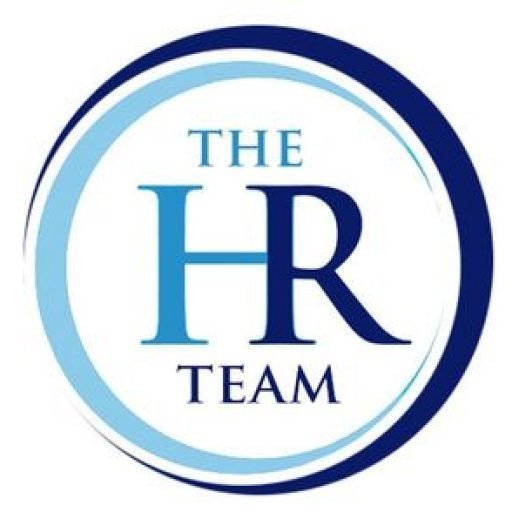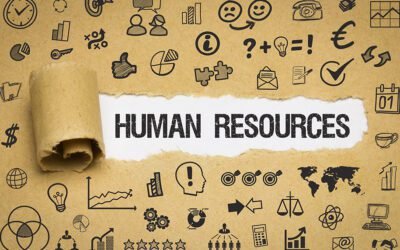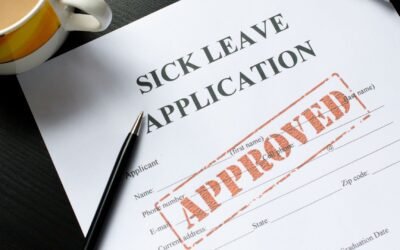Holiday pay, TUPE and non-compete restrictions on former employees…
 In the wake of the UK Government’s reversal of its approach to EU legislation post-Brexit, important changes have been proposed to the rules on calculating holiday pay, TUPE and non-compete restrictions on former employees.
In the wake of the UK Government’s reversal of its approach to EU legislation post-Brexit, important changes have been proposed to the rules on calculating holiday pay, TUPE and non-compete restrictions on former employees.
Context
The Government announced in May 2023 that instead of scrapping all regulations which came from EU law (which was planned to happen on 31st December 2023) it will take the opposite approach by keeping all of these regulations in force until it has time to review them. AT the same time, it has launched a consultation on reforming some of the least popular of those EU laws.
Here’s what’s happening
• Holiday Pay:
This is a hugely complex area which has been made more complicated in the last few years by case law coming out of both the EU and the UK courts. It is now proposed to simplify this by using a single rate of pay to calculate workers’ holiday pay and also to allow ‘rolled up holiday pay’ for workers who work sporadically such as casual workers.
• TUPE:
Smaller companies with less than 50 workers might not have to go through as much red tape when there’s a small transfer of work from one company to another.
• Non-compete clauses:
Changes are planned to limit the length of time some types of restrictive covenants (those which prevent employees from moving straight to a competitor of their employer) to 3 months after the termination of their employment. The intention of this is to keep the workforce moving and prevent employees from being restricted from moving between jobs in their sector.
When will these changes be implemented?
These changes are not likely to kick in until around 2024. But when they do, they will have significant impact. Employers who have been confused about holiday pay over the last few years might finally get some clarity, and those changes to non-compete rules could spark controversy.
Stay tuned at The HR Team for further updates on these and other important Employment Law changes.
How to ensure an effective Probationary Period for new employees
 An effective probation period for employees typically ranges from 3 to 6 months, although the specific duration can vary based on the nature of the job, industry, and company policies. The primary purpose of a probation period is to evaluate the employee’s performance, suitability for the role, and cultural fit within the organisation before confirming their permanent employment.
An effective probation period for employees typically ranges from 3 to 6 months, although the specific duration can vary based on the nature of the job, industry, and company policies. The primary purpose of a probation period is to evaluate the employee’s performance, suitability for the role, and cultural fit within the organisation before confirming their permanent employment.
Here are some key considerations to create an effective probation period:
1. Clear Expectations: Clearly communicate the job responsibilities, performance standards, and company values to the employee at the beginning of the probation period. Make sure they understand what is expected of them during this time.
2. Regular Feedback: Provide consistent and constructive feedback throughout the probation period. Regular check-ins, performance evaluations, and open communication help employees understand their strengths and areas for improvement.
3. Structured Evaluation: Establish a formal process for evaluating the employee’s performance at specific intervals during the probation period. This could include written assessments, goal-setting sessions, or performance reviews.
4. Training and Development: Offer necessary training, resources, and support to help the employee succeed in their role. Address any skill gaps or areas where improvement is needed.
5. Mentoring and Support: Assign a mentor or buddy to guide the new employee and answer their questions. This can help them integrate into the team more smoothly.
6. Realistic Timelines: Set achievable goals and expectations for the probation period. Avoid overwhelming the employee with an excessive workload or unrealistic targets.
7. Flexibility: Recognise that employees might take some time to adapt to the new role and company culture. Be open to adjusting expectations and providing additional support if needed.
8. Documentation: Keep thorough records of the employee’s performance, feedback, and any incidents during the probation period. This documentation can be valuable if a decision needs to be made regarding their permanent employment.
9. Clear Communication: Maintain open lines of communication with the employee to address any concerns, questions, or challenges they might have during the probation period.
10. Final Review: At the end of the probation period, conduct a comprehensive review to assess whether the employee meets the required standards for permanent employment. This decision should be based on a combination of their performance, behaviour, and cultural fit.
Remember that the probation period is a two-way evaluation process. It allows both the employer and the employee to assess whether the role and organisation are a good fit. Providing a structured and supportive probation period can lead to better long-term employee retention and performance.
For further support with ensuring you provid#e effective probation periods, contact The HR Team for expert advice.
How will AI impact HR?
 AI is set to make a big impact on HR (Human Resources) in various exciting ways. As AI technology progresses, HR departments can tap into these innovations to boost their efficiency, decision-making, and overall effectiveness. Here are some key areas where AI will likely shape HR:
AI is set to make a big impact on HR (Human Resources) in various exciting ways. As AI technology progresses, HR departments can tap into these innovations to boost their efficiency, decision-making, and overall effectiveness. Here are some key areas where AI will likely shape HR:
Finding the Best Fits
AI-powered applicant tracking systems (ATS) can swiftly sort through applications, matching job requirements with candidate qualifications. This helps HR teams identify top candidates and reduces bias in the hiring process.
A Helping Hand for New Employees
AI-driven chatbots and virtual assistants can be there for new employees, answering their questions and providing them with essential information during the onboarding process.
Data-Driven Insights
AI can crunch vast amounts of HR data, helping HR professionals make well-informed decisions and uncover valuable workforce trends.
Keeping Employees Happy
AI can gauge employee sentiment and satisfaction, allowing HR to address concerns and create a happier workplace.
Personalised Development
With AI, HR can tailor training programs to individual learning styles and performance, nurturing employee skills effectively.
Planning for the Future
AI algorithms can forecast talent needs based on business trends, making sure the right people are in the right roles when needed.
Simplifying HR Tasks
AI automation can handle routine HR chores like payroll, leave management, and benefits administration, freeing up HR professionals for more meaningful work.
Caring for Employee Well-being
AI tools can monitor employee stress levels and workloads, helping HR intervene and support employee well-being.
Promoting Inclusivity
AI can assist in identifying potential biases and fostering a more inclusive work environment.
While AI brings tremendous benefits to HR, it’s crucial to implement it thoughtfully, considering data privacy, transparency, and potential biases. With AI’s support, HR professionals can become more agile and strategic, contributing even more to their organisation’s success.
Visit the ‘Knowledge Base’ at The HR Team for more HR Insights and Newsletters.





